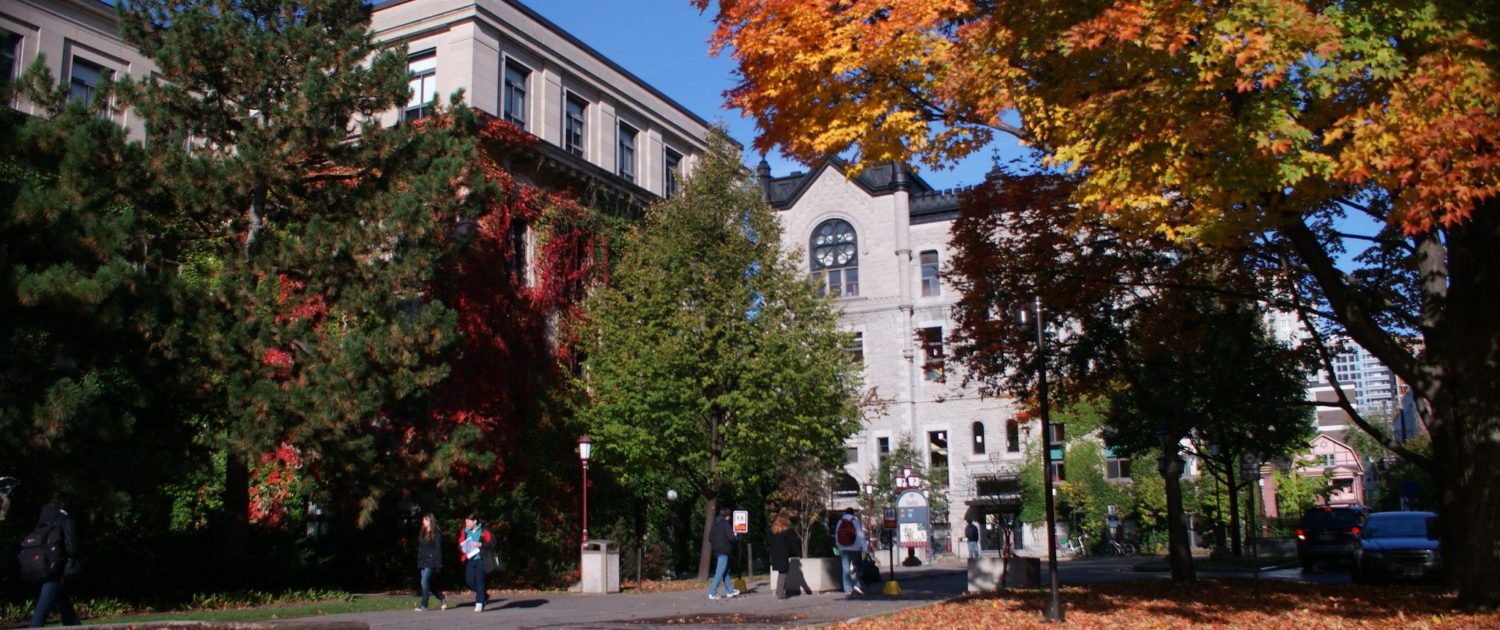Annual ACT meeting at the University of Ottawa
The fourth annual ACT meeting will take place from October 13 to 15 at the University of Ottawa, Canada. The meeting is organized by local co-applicant Martine Lagacé, and brings together some 40 researchers from the ACT project, from ten different countries.
This year, we celebrate the midway point of the project, look back on what we have accomplished so far, and look ahead to the future as the priorities for the next few years begin to take shape. The meeting will begin with a keynote address by Marcel Mérette of the University of Ottawa, and a roundtable discussion featuring local and ACT researchers, and a representative from the National Research council. Both the keynote and the round-table discussion address the theme of “Bridging research and public policy: questions of aging and technology“.
The meeting continues with a working session on data management for partnerships and another on building and sharing pedagogical tools. A number of ACT researchers will take turns presenting their research to the group, and we will also provide the team with an overview of our midterm report. The tentative meeting agenda can be downloaded here.



